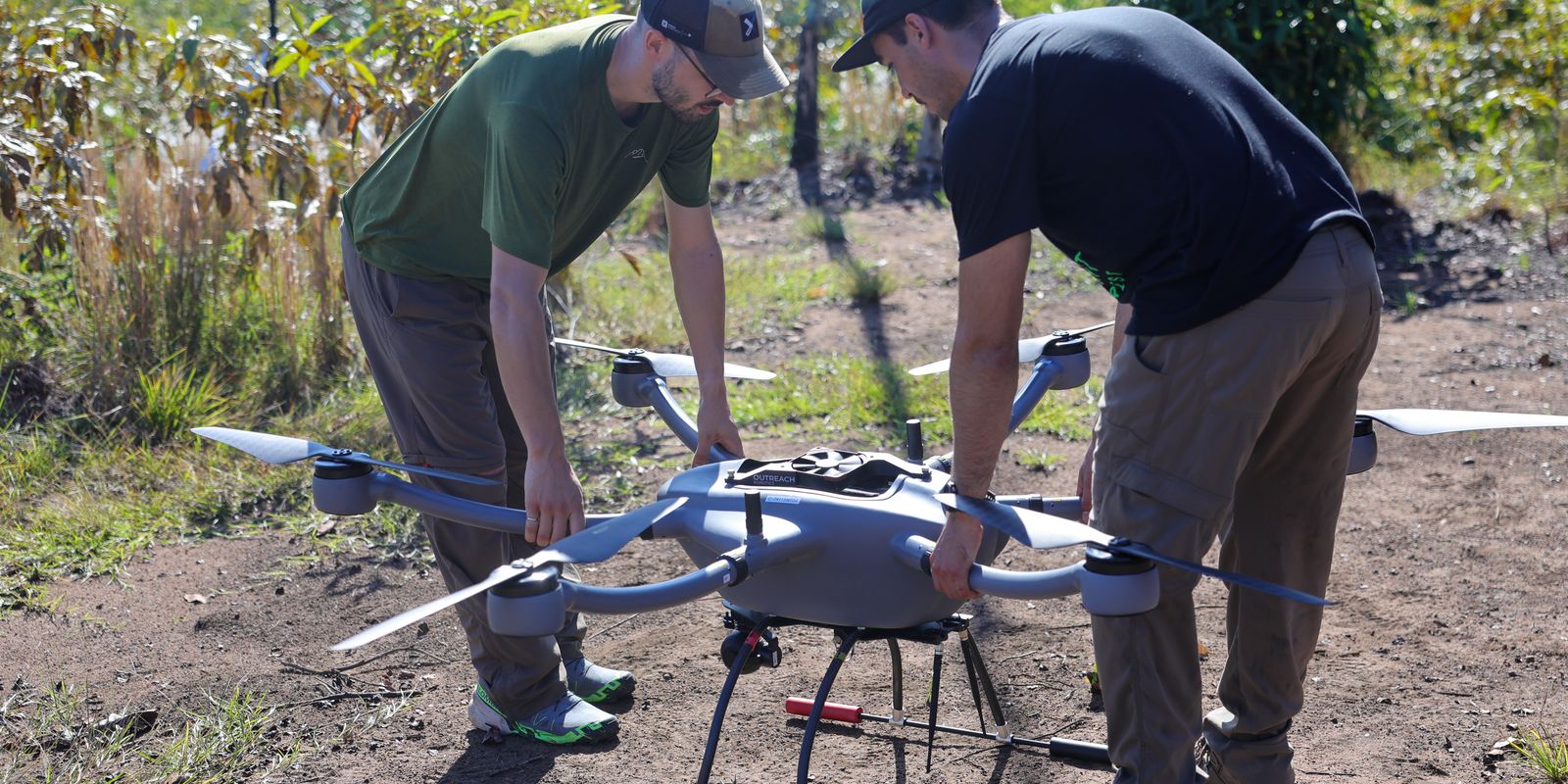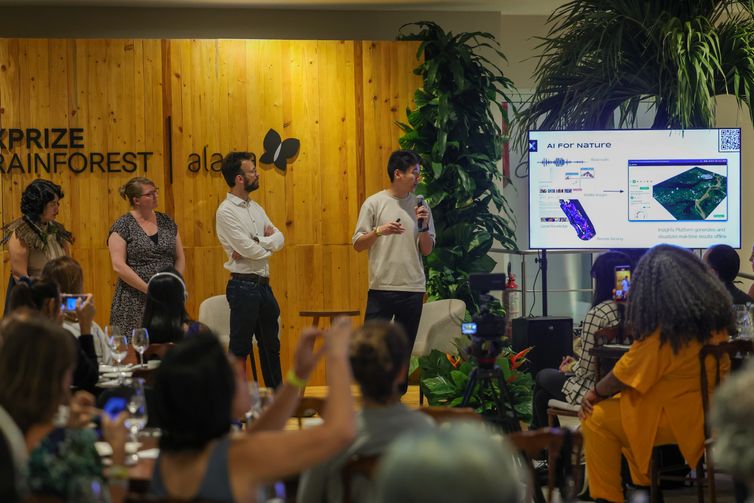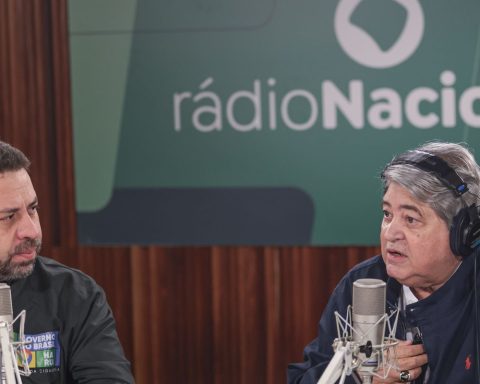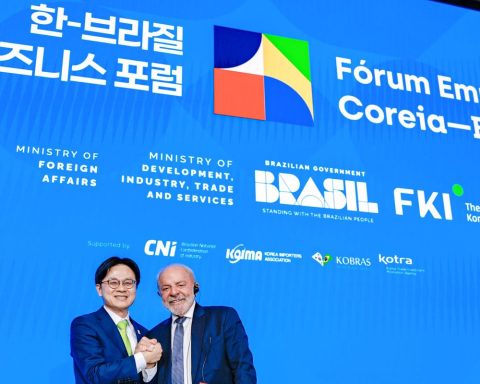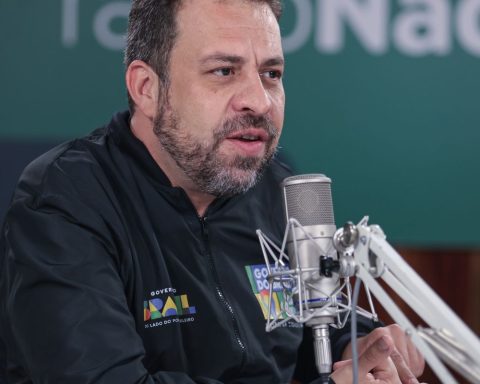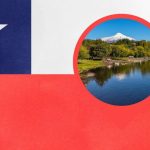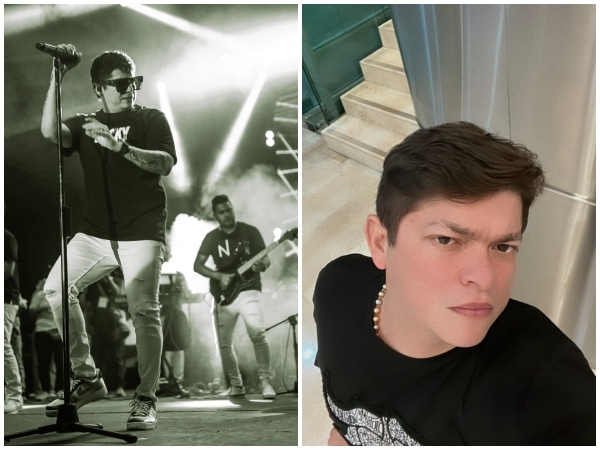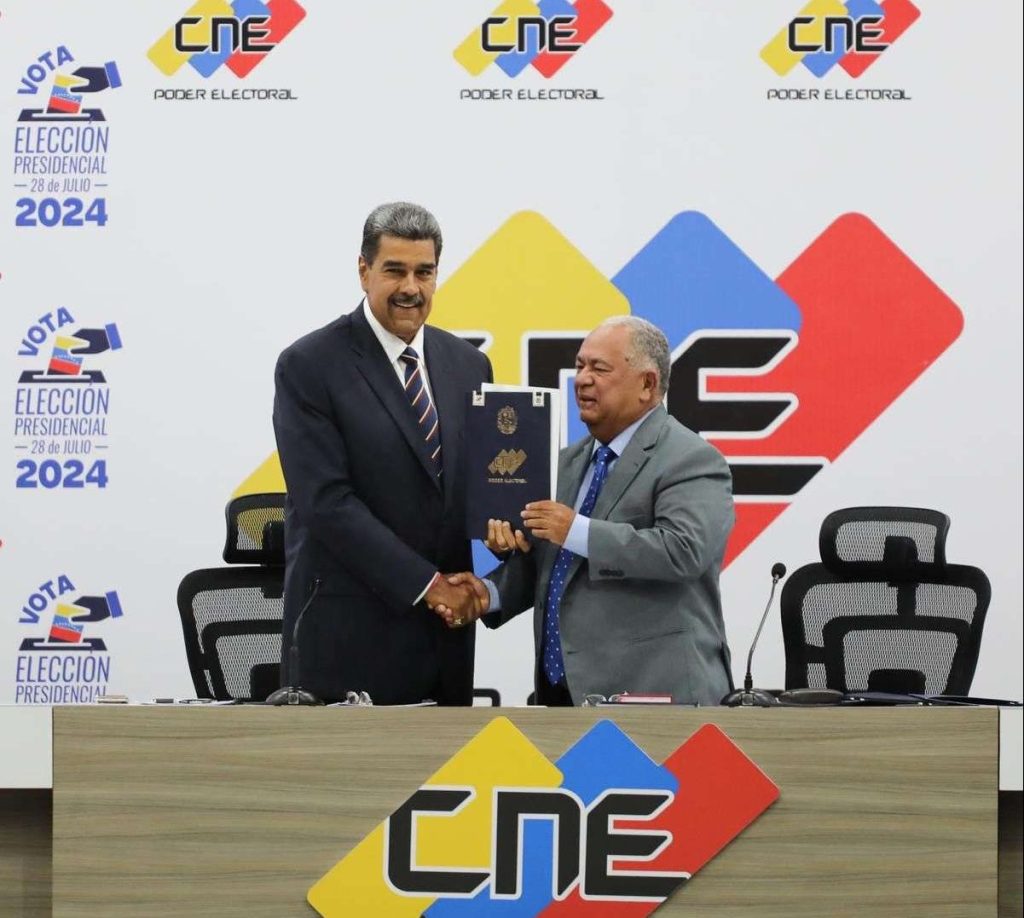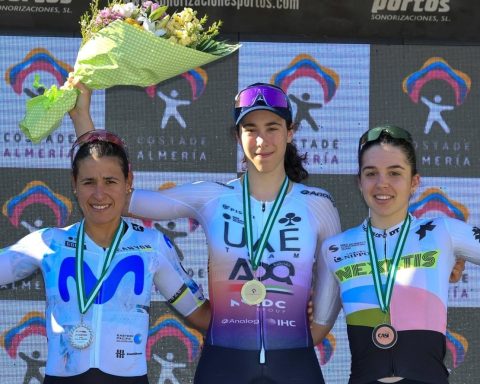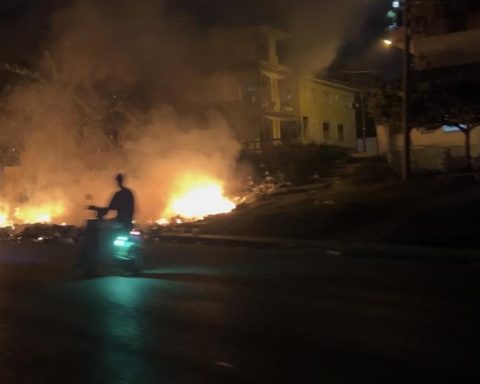A competition to develop the best innovation in mapping tropical forest biodiversity, with a prize of US$5 million (more than R$25 million), has been bringing together cutting-edge technology and people from different parts of the world and areas of expertise for almost five years. Among the researchers and scientists are members of traditional communities who have in-depth knowledge of these ecosystems.

Game developer and leader Inhaã-bé, Marina Mura and biologist Gabriel Nunes are two examples of scientists who live close to and have in-depth knowledge of the Amazon Rainforest, where the Rio Negro Sustainable Development Reserve is located in the state of Amazonas. It was in this reserve that the final evaluations of the global XPrize Tropical Forests competition took place this July.
As regional representatives of the Swiss team ETH Biodivix, they actively participated in the improvement of the technological solutions used by the group during the race.
“When we learned that the final would take place in Brazil, we knew we had to go to the communities as soon as possible, get to know the communities as soon as possible,” recalls David Dao, coordinator of the areas of artificial intelligence and traditional knowledge of the ETH Biodivix team.
Like the other teams, the group developed technological solutions to collect digital and physical samples of images, sounds and environmental DNA. Drones and robotic vehicles were used to drive the equipment through challenging terrain in 100 hectares of the Amazon rainforest.
The main difference in the equipment used by the group was an artificial intelligence that has in its database the contribution of citizen science and uses an algorithm developed through the union of scientific, technological expertise and traditional knowledge.
Amazonian AIs
Tainá and Poli are artificial intelligences (AIs) that speak Portuguese and gather cultural, regional and scientific knowledge of the Amazon. The tools are results achieved by the team after eight workshops carried out in the region, which made it possible to get closer and gain the trust of the community.
“Because one of the things we learned in our workshops with the communities was that most of the relationships [das comunidades com pesquisadores]relationships are betrayed. People go there, use what they learn, leave and never come back,” says Kamila Camilo, an environmental activist and also a Brazilian member of the team.
Kamila learned about the competition and the initiative through a site citizen group created by members of ETH Biodivix to discuss solutions and technological fronts that could be implemented by the group during the competition. She was soon integrated into the team with the aim of facilitating dialogue with local communities.
The group grew each time a new expertise aligned with the team’s goals was identified. “When we saw that Marina had this logical intelligence and that she was interested in technology, it seemed obvious to us that she was more than just a person participating in the workshop, but that she could be part of the team,” Kamila recalls.
Artificial intelligence
As soon as she was introduced to the prototype of what would be the artificial intelligence guardian of traditional knowledge, Marina began contributing to the development of Tainá and soon became the curator of the technology’s content. At the same time, she learned how the tool could contribute to people and the place where she lives.
“My village is multiethnic, so we have several cultural aspects there and not all villages have the same rituals or use the same things. If we can publish this data and share it with other communities and have access to data from other communities, we will start to ensure that these cultural diversities go hand in hand and are preserved,” says Marina.
Science in Portuguese
Gabriel, from Manaus, also joined the group through workshops and was soon integrated into the team that develops Poli, the scientific version of Tainá. Among the activities he began to perform was the adaptation of all the scientific experiments developed by the team to the Amazonian reality, including the scientific descriptions in Portuguese.
“If I’m going to deal scientifically with an application, I need it to recognize the realities of the universe. So this literature has to be in Portuguese, because the Amazon is written in Portuguese,” he says.
Data collect
During the artificial intelligence training phase, both Marina and Gabriel showed the paths in the forest for installing the sensors to capture sounds and images and also participated in drone incursions that complement the information from satellite images.
“We make a plan, a route, for them to do the mapping and we use this in the community to find out if the forest is healthy or not, or if there is deforestation within our protected area. So, we make this map and the drone takes several photos from above the treetops and then we assemble them in the app, using the data, and then we have a large, accurate map,” explains Marina.
According to David Dao, the idea is exactly that: that communities can benefit from the technology developed and that the benefits are shared.
“We are committed to continuing this partnership with the communities. This is part of something bigger that can empower them not only to collect this information, but to build the capacity to also generate income from it.”
The team members say they were surprised by the low value given to traditional Amazonian knowledge. “A woodsman who goes into the forest with a researcher earns R$150 per day to spend 12 hours on a trail guiding a researcher through the forest. If that same guy goes with his cell phone, records the birdsong, goes with the DNA sequencing backpack, collects the sample, everything will be recorded on his ID, which is on the blockchain. [banco de dados transparente]which cannot be changed, he will receive the benefit sharing and will be paid as much as the researcher”, concludes Kamila.
*Reporter and photographer Fábio Pozzebom traveled at the invitation of the Alana Institute
